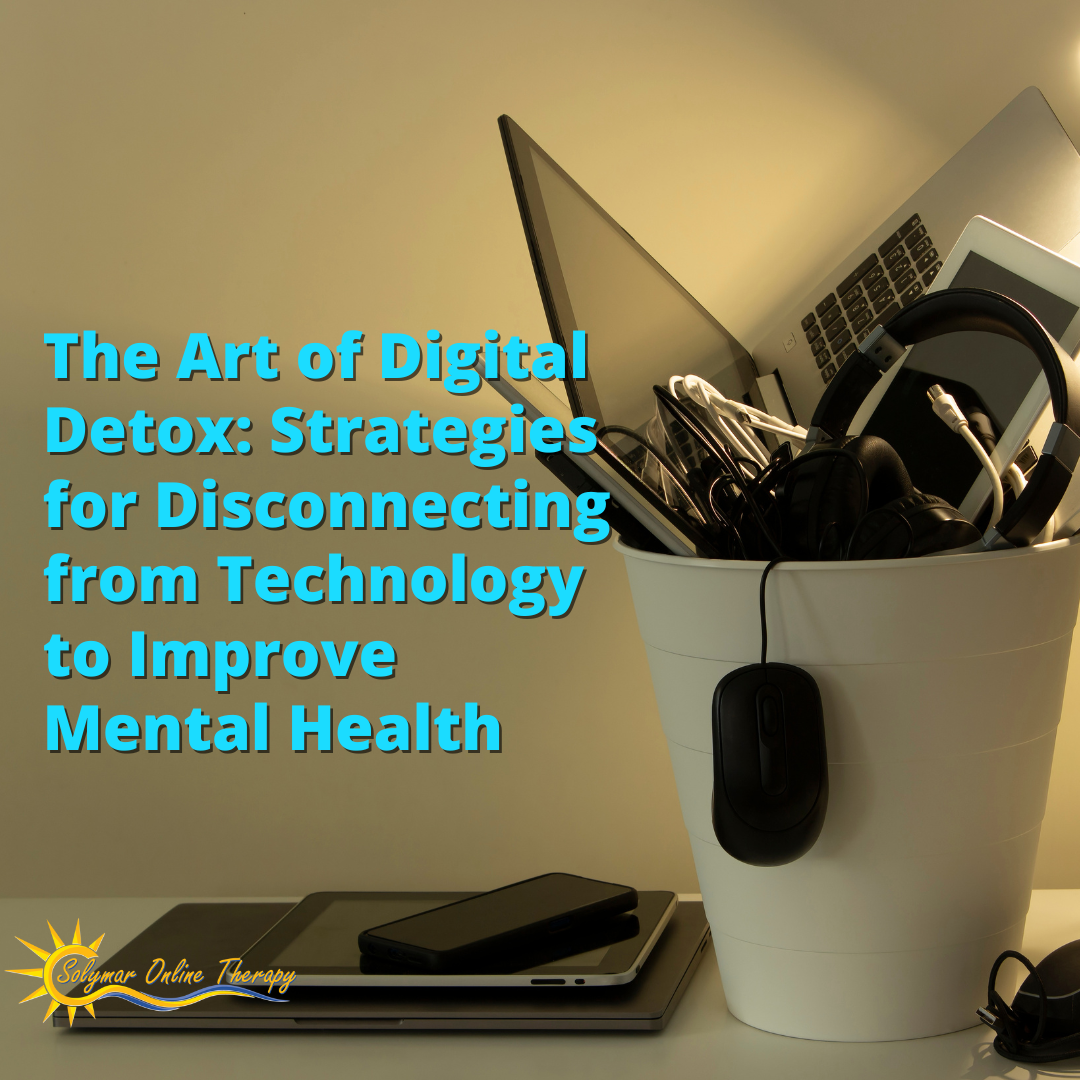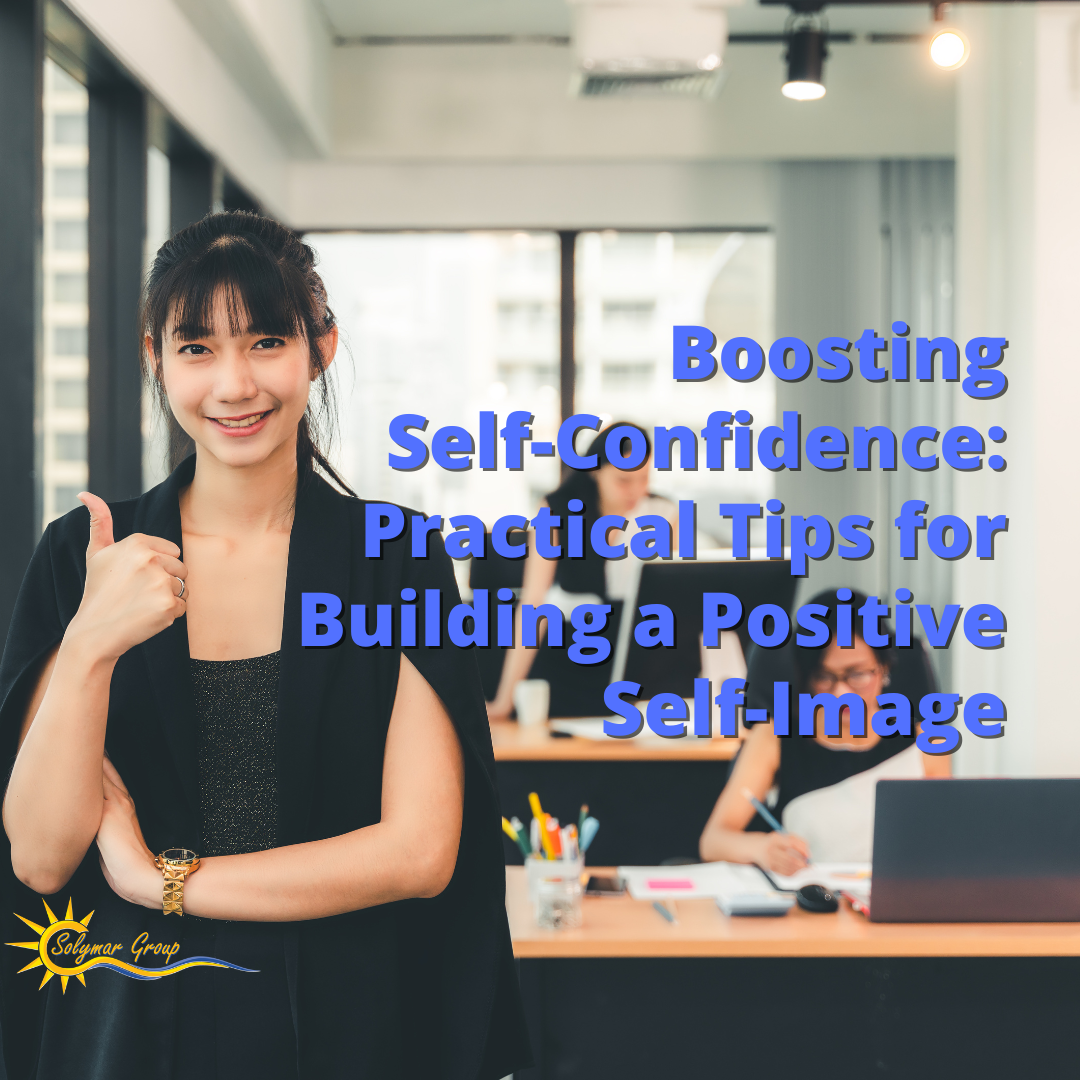 In an age dominated by digital technology, our lives have become intrinsically intertwined with screens, notifications, and constant connectivity. While technology has undoubtedly brought numerous conveniences and advancements, it has also led to a new set of challenges, particularly in terms of mental health. The concept of a "digital detox" has emerged as a way to counteract the negative impacts of excessive screen time and constant online engagement. In this article, we will explore the art of digital detox, its significance for mental health, and effective strategies for disconnecting from technology.
In an age dominated by digital technology, our lives have become intrinsically intertwined with screens, notifications, and constant connectivity. While technology has undoubtedly brought numerous conveniences and advancements, it has also led to a new set of challenges, particularly in terms of mental health. The concept of a "digital detox" has emerged as a way to counteract the negative impacts of excessive screen time and constant online engagement. In this article, we will explore the art of digital detox, its significance for mental health, and effective strategies for disconnecting from technology.
 Introduction
Introduction
In today's fast-paced world, children are growing up amidst an array of distractions, academic pressures, and technological advancements that have fundamentally altered the dynamics of childhood. As parents, it is crucial to recognize the impact of this environment on our children's mental well-being and take proactive steps to cultivate mindfulness in parenting. Mindful parenting offers a holistic approach that empowers both parents and children to navigate the challenges of modern life with resilience, emotional intelligence, and a strong sense of well-being.
![Conflict Resolution 101: Effective Strategies for Parent-Teen Communication]() Introduction
Introduction
Effective communication between parents and teenagers is essential for maintaining a healthy and harmonious family environment. However, conflicts are bound to arise as both parties navigate through adolescence-a critical phase of growth and development. These conflicts can be both frustrating and challenging, but they also present opportunities for growth and understanding. In this blog article, we will explore conflict resolution strategies for improving parent-teen communication, fostering empathy, and building stronger relationships within the family.
![Living with Chronic Pain: Coping Strategies and Supportive Therapies]() Introduction
Introduction
Living with chronic pain can be a debilitating and distressing experience that affects millions of people worldwide, including many in the UK. Chronic pain, defined as persistent pain lasting for more than 12 weeks, can stem from various conditions such as arthritis, fibromyalgia, migraines, or nerve damage. It not only takes a toll on physical health but also significantly impacts mental and emotional well-being. In this article, we will explore coping strategies and supportive therapies that can help individuals manage chronic pain more effectively.
 Living a fulfilling life involves finding meaning and purpose in what we do. It's about discovering what truly matters to us and aligning our actions with our values. In this article, we will explore some steps you can take to embark on a journey towards a more meaningful and purposeful life.
Living a fulfilling life involves finding meaning and purpose in what we do. It's about discovering what truly matters to us and aligning our actions with our values. In this article, we will explore some steps you can take to embark on a journey towards a more meaningful and purposeful life.
1. Reflect on Your Values
Values are the guiding principles that shape our lives. Take some time to reflect on what is most important to you. Consider what brings you joy, what you deeply care about, and what you want to contribute to the world. Identifying your core values will provide a solid foundation for finding meaning and purpose.
Reflecting on your values involves introspection and self-awareness. It's about understanding what truly matters to you at a fundamental level. Ask yourself questions like:
- What activities make me feel fulfilled?
- What causes or issues do I care deeply about?
- What kind of person do I want to become?
By exploring these questions, you can gain a clearer understanding of your values and what drives you.
 Having a positive self-image and strong self-confidence is essential for our overall mental well-being. It allows us to navigate through life's challenges with resilience and achieve our goals. However, many individuals struggle with self-doubt and low self-esteem, which can hinder personal growth and happiness.
Having a positive self-image and strong self-confidence is essential for our overall mental well-being. It allows us to navigate through life's challenges with resilience and achieve our goals. However, many individuals struggle with self-doubt and low self-esteem, which can hinder personal growth and happiness.
In this article, we will explore practical tips and strategies to boost self-confidence and develop a positive self-image.
1. Practice Self-Care
Self-care plays a crucial role in building self-confidence. Taking care of your physical and mental well-being shows self-respect and reinforces a positive self-image. Make time for activities that bring you joy and relaxation, such as exercising, meditating, or engaging in hobbies you love.
Regular exercise has been shown to improve mood and boost self-confidence. Engaging in physical activity releases endorphins, which are known as "feel-good" hormones. Additionally, taking care of your physical health by eating nutritious meals and getting enough sleep can positively impact your overall well-being and contribute to a positive self-image.
Source: Healthline
2. Set Realistic Goals
Setting achievable goals is an effective way to boost self-confidence. When setting goals, it's important to break them down into smaller, manageable tasks. This approach allows you to track your progress and celebrate your accomplishments along the way, reinforcing a sense of achievement and enhancing your self-esteem.
Setting unrealistic goals can lead to disappointment and a sense of failure, which can undermine your self-confidence. Instead, focus on setting specific, measurable, attainable, relevant, and time-bound (SMART) goals. This framework helps you create realistic expectations and increases your chances of success.
 Living with chronic pain can be incredibly challenging and have a significant impact on an individual's quality of life. Fortunately, there are dedicated programs designed to help people manage their pain and improve their overall well-being. In this article, we will explore the benefits of a chronic pain program and how it can contribute to a pain-free life.
Living with chronic pain can be incredibly challenging and have a significant impact on an individual's quality of life. Fortunately, there are dedicated programs designed to help people manage their pain and improve their overall well-being. In this article, we will explore the benefits of a chronic pain program and how it can contribute to a pain-free life.
Understanding Chronic Pain
Chronic pain is defined as persistent pain that lasts for an extended period, typically longer than three months. It can be caused by various factors such as injury, medical conditions, or nerve damage. Unlike acute pain, which serves as a warning sign of injury or illness, chronic pain persists beyond the normal healing time and can become a condition of its own.
Living with chronic pain can affect all aspects of life, including physical health, mental well-being, and social relationships. It often leads to decreased mobility, sleep disturbances, and emotional distress.

 Introduction
Introduction Introduction
Introduction




